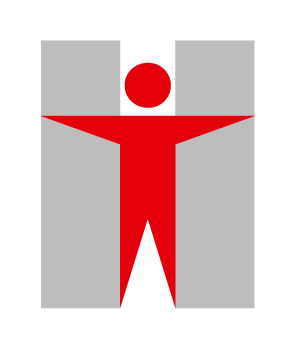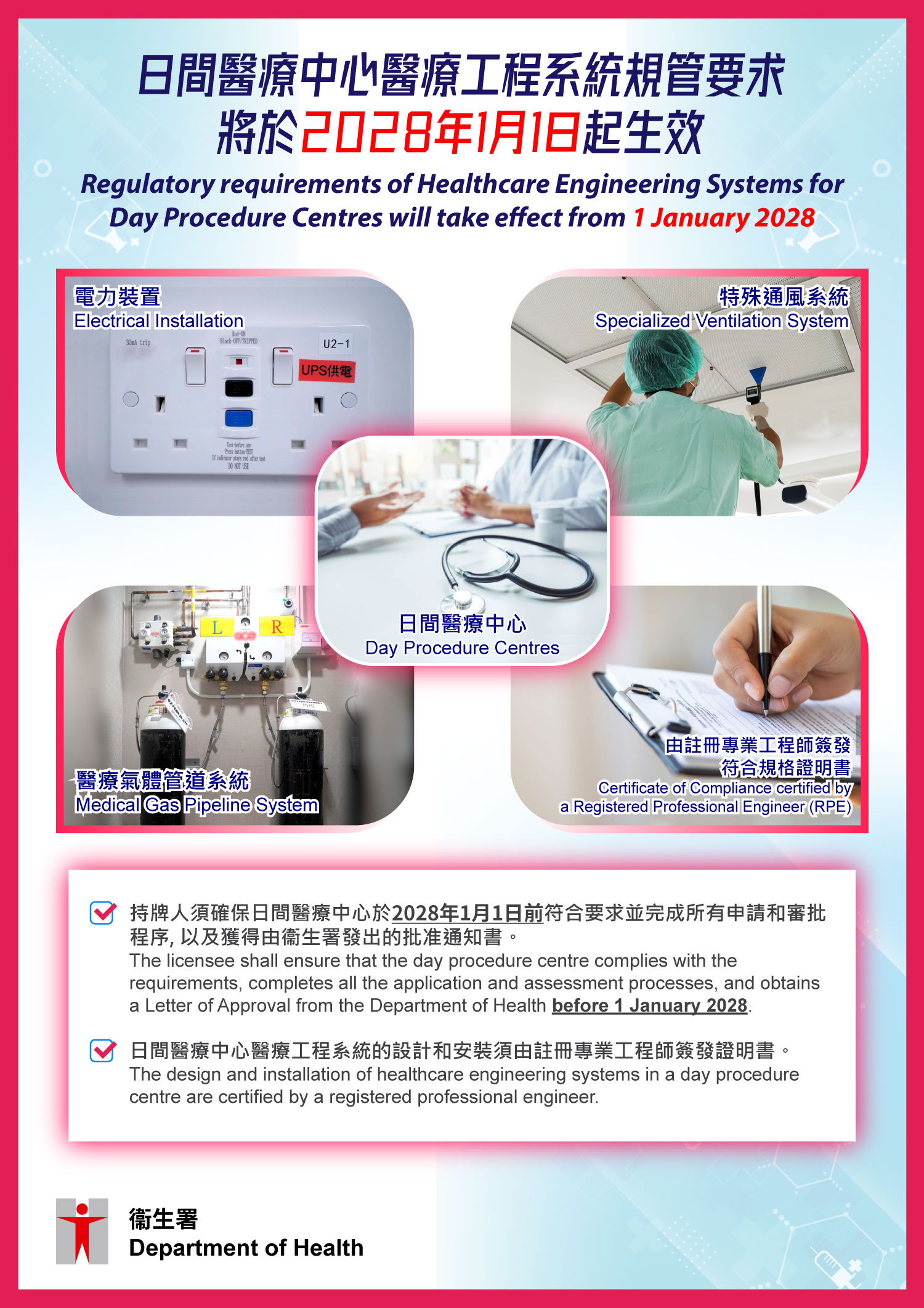The work process involved in engineering and construction for healthcare facilities, from planning to execution, often entails the engagement of service providers (e.g. consultant / contractor / relevant professional with healthcare engineering experience) to carry out design, installation and testing & commissioning for healthcare engineering systems and offer professional opinion and service as necessary to ensure that the systems are in compliance with the requirements of relevant ordinances, codes of practice and internationally acceptable standards. This website integrates the following service providers for reference, which the licensees may consider approaching professional advice at various stages for design / installation / testing / certification (Archives of the service providers are maintained by relevant government departments and institutions).
- Engineering consultants (mainly offering service related to engineering system design / supervision, etc.)
- Engineering contractors (mainly offering service related to engineering system installation, etc.)
- Registered professional engineers (mainly offering service related to engineering system design / certification, etc.)

